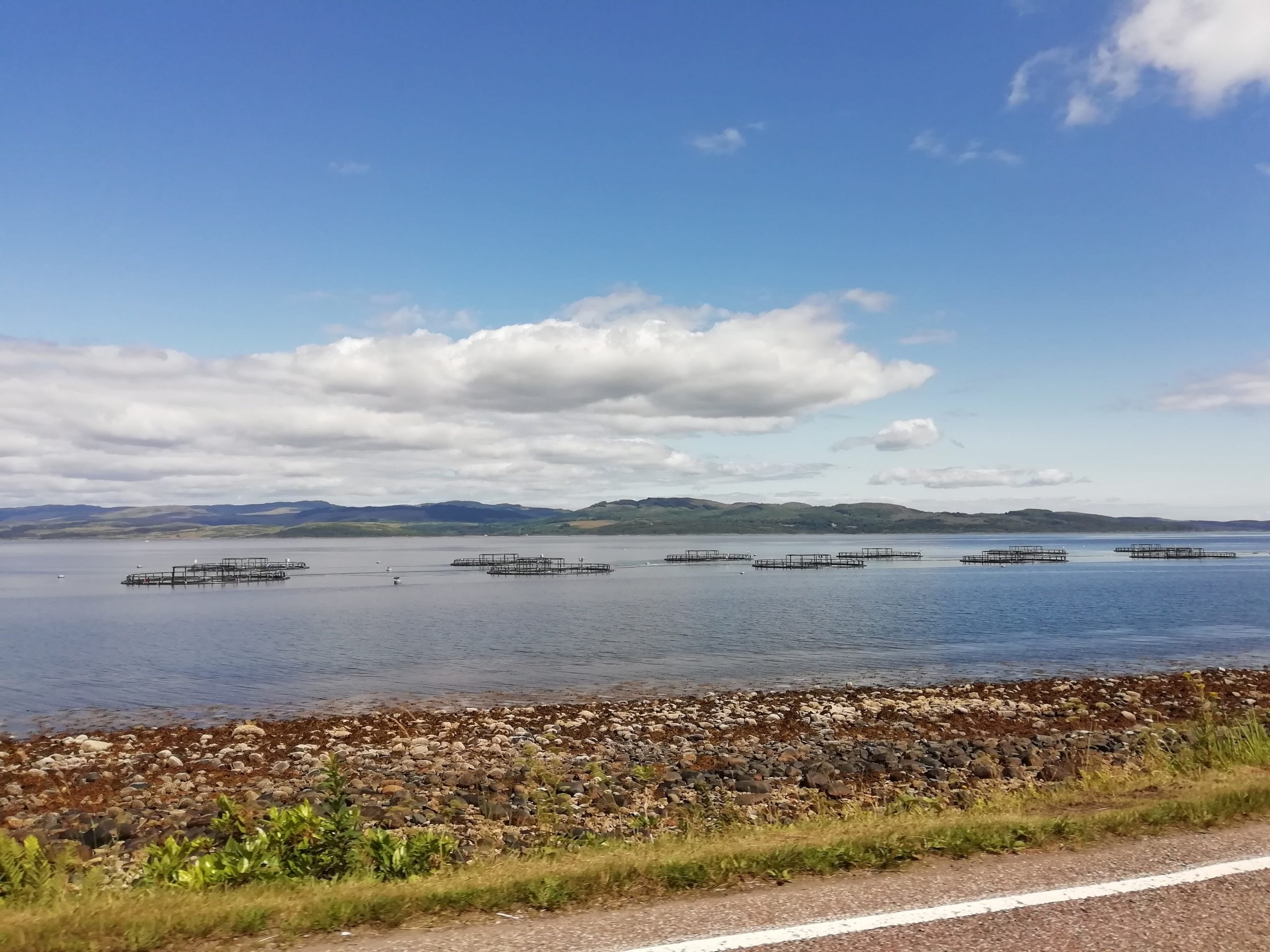**** NO!!!
Farm raised fish are the worst. They are still raised in ocean water. They are basically in an ocean cage. Because the fish are so close in proximity, they pass bacteria and diseases much easier. It's a huge problem. To combat this, the fish farms suck the fish thru a tube where chemicals are passed onto them to kill bacteria and remove lice. I saw how they do it and it made me want to puke. These chemicals wind up in the fish. They've been tested and shown to contain toxic chemicals.
Imported farm raised fish is highly UNREGULATED.
I've eaten farm raised salmon and shrimp. I will not eat it ever again.
My advice is stay away from those farm raised fish and shrimp you see offered at much lower price. It ain't worth it IMO!!!
Pay attention to where the fish is sourced. I think wild caught Alaskan salmon and small tuna are still good options.
Large tuna, the albacore that I prefer, is high in mercury. The reason is that the large tuna live a lot longer before harvested so they consume a lot more mercury while the small tuna that are in the cans labeled as "light" have much lower levels. The FDA recommends 1 can of albacore per week because of mercury. I used to eat tuna melts from albacore 3-4 times per week for years!!!
Between plastic, mercury, and chemical use in farm raised fish, I'm limiting my fish consumption to almost zero.
It's sad, but we really have to be informed consumers.

